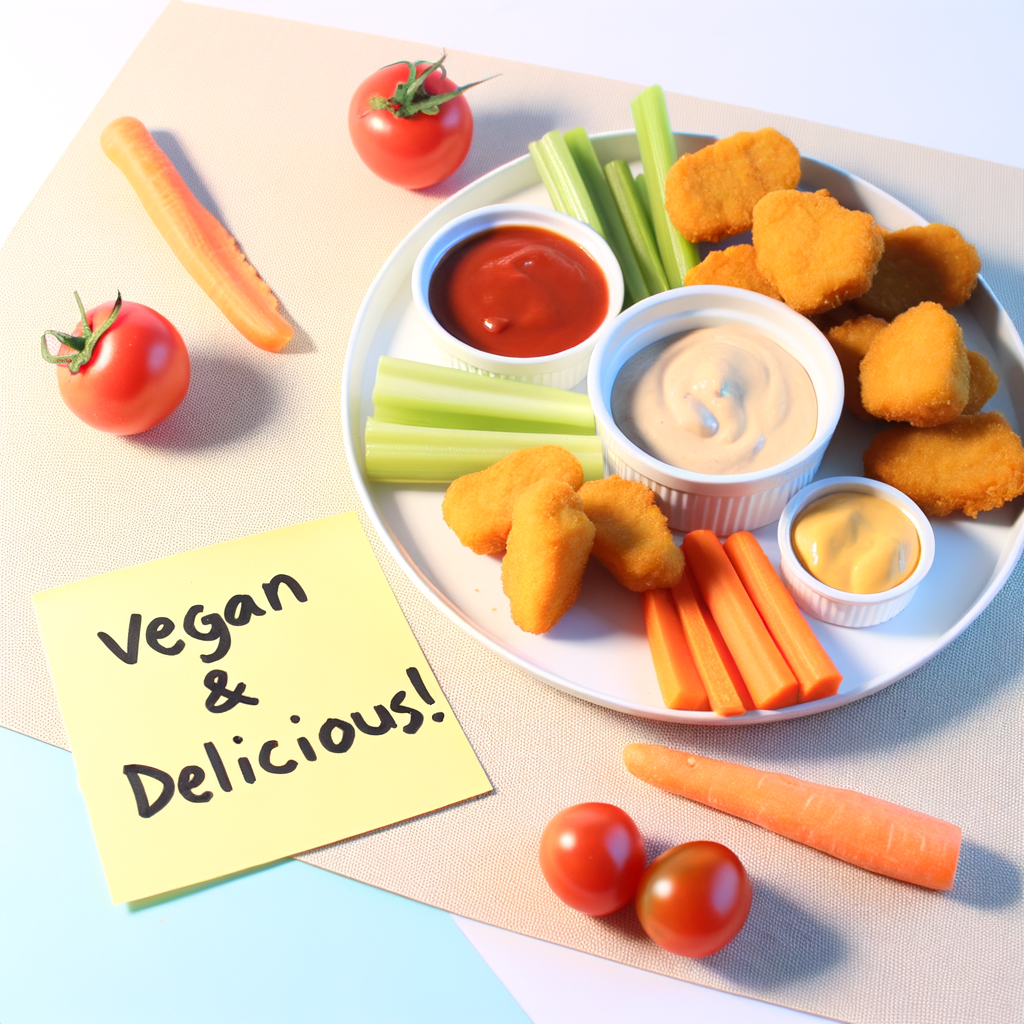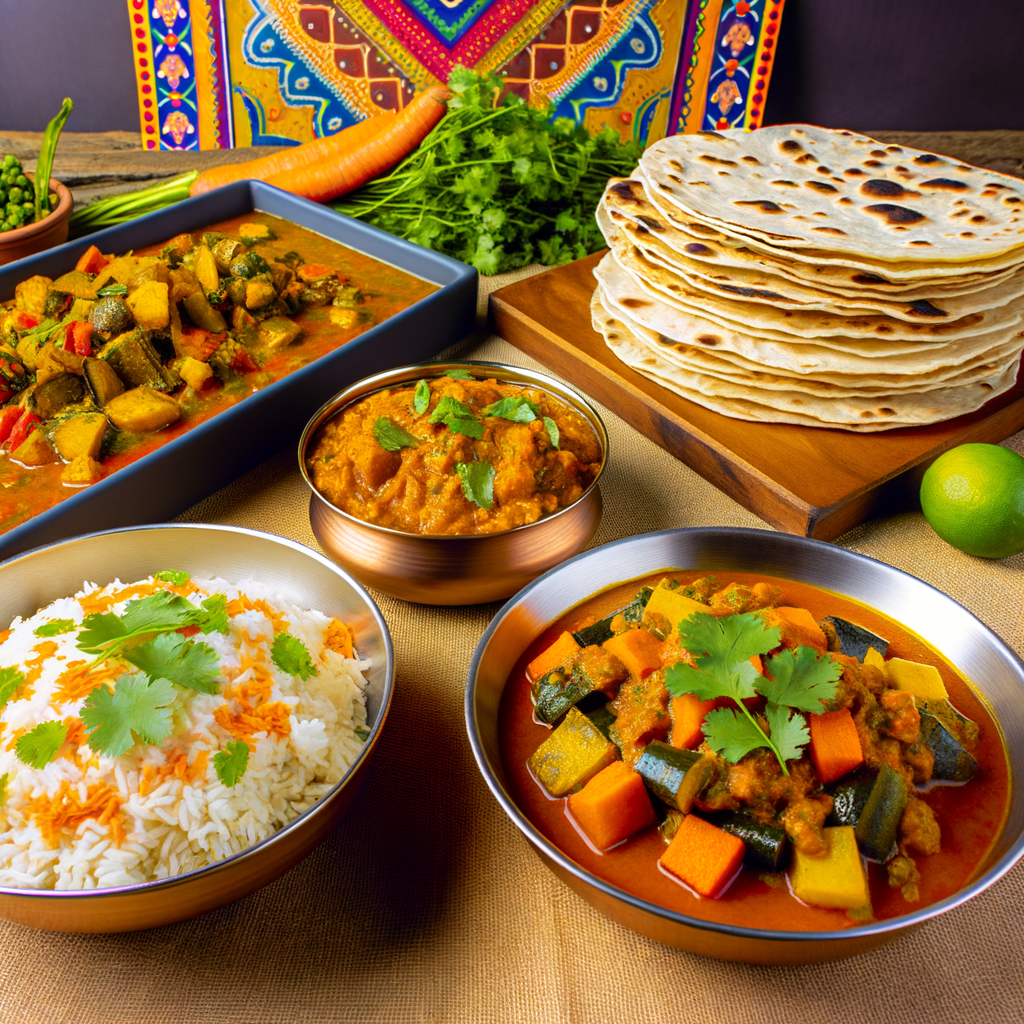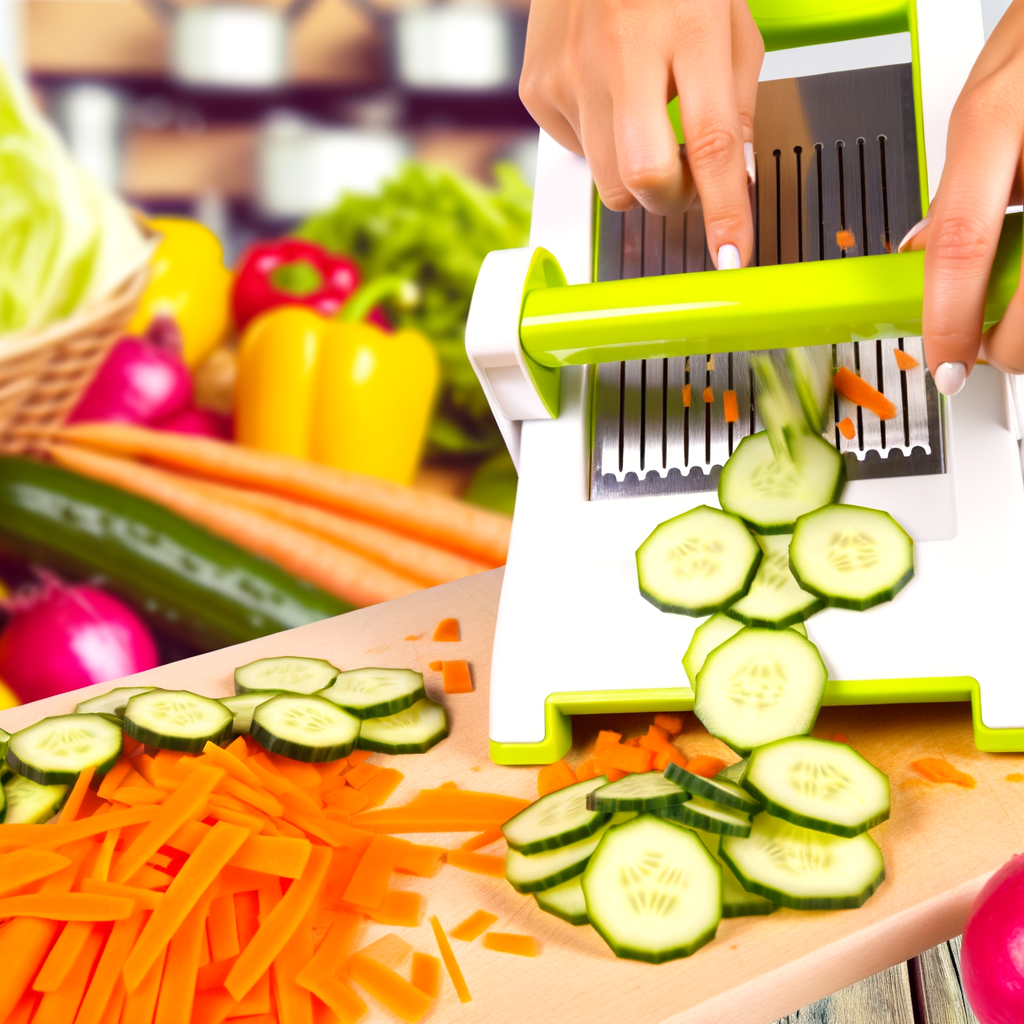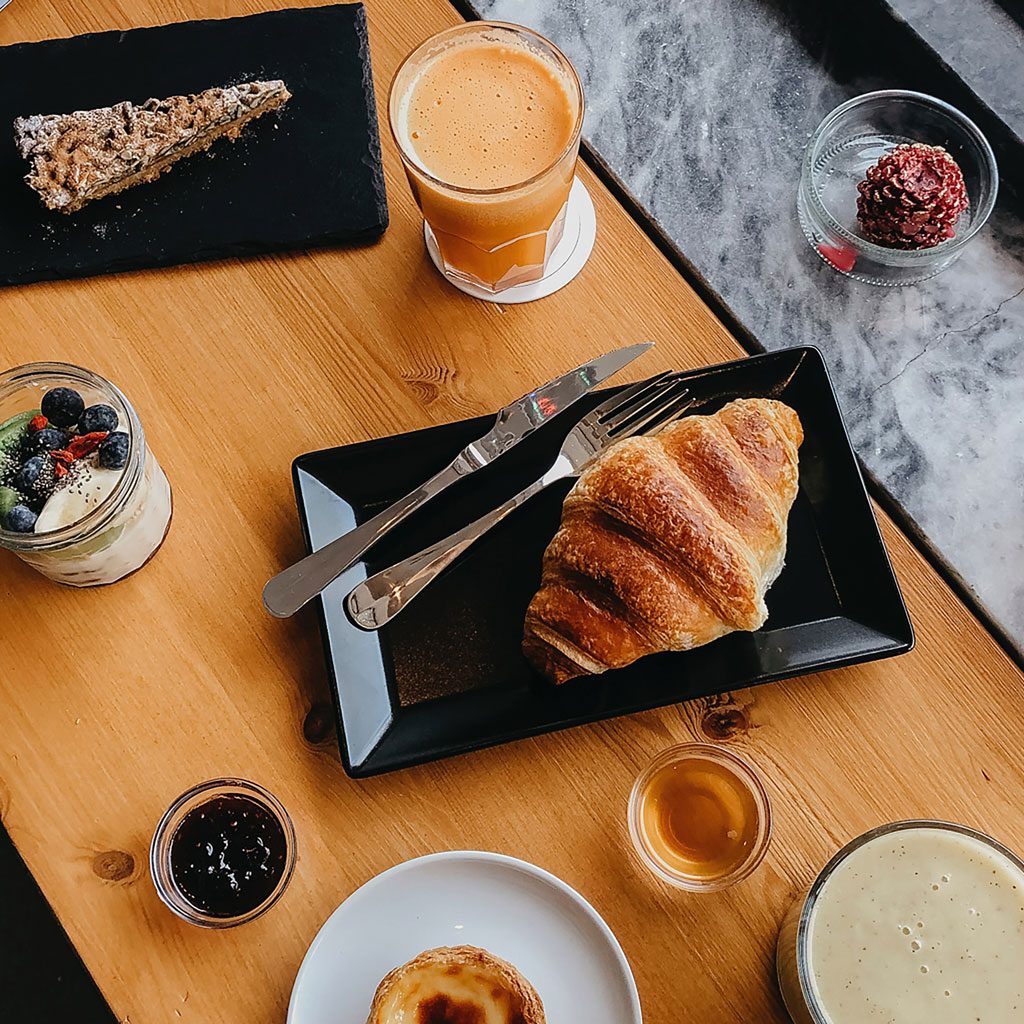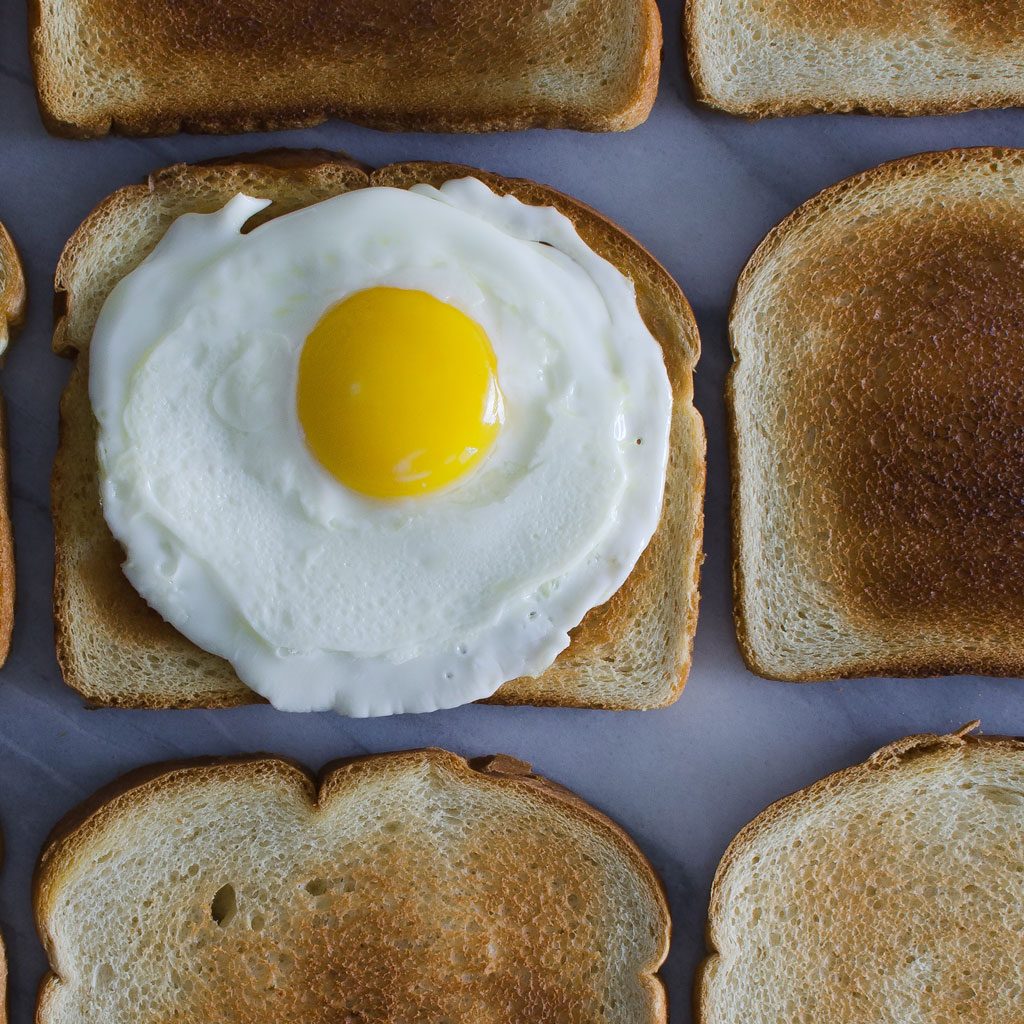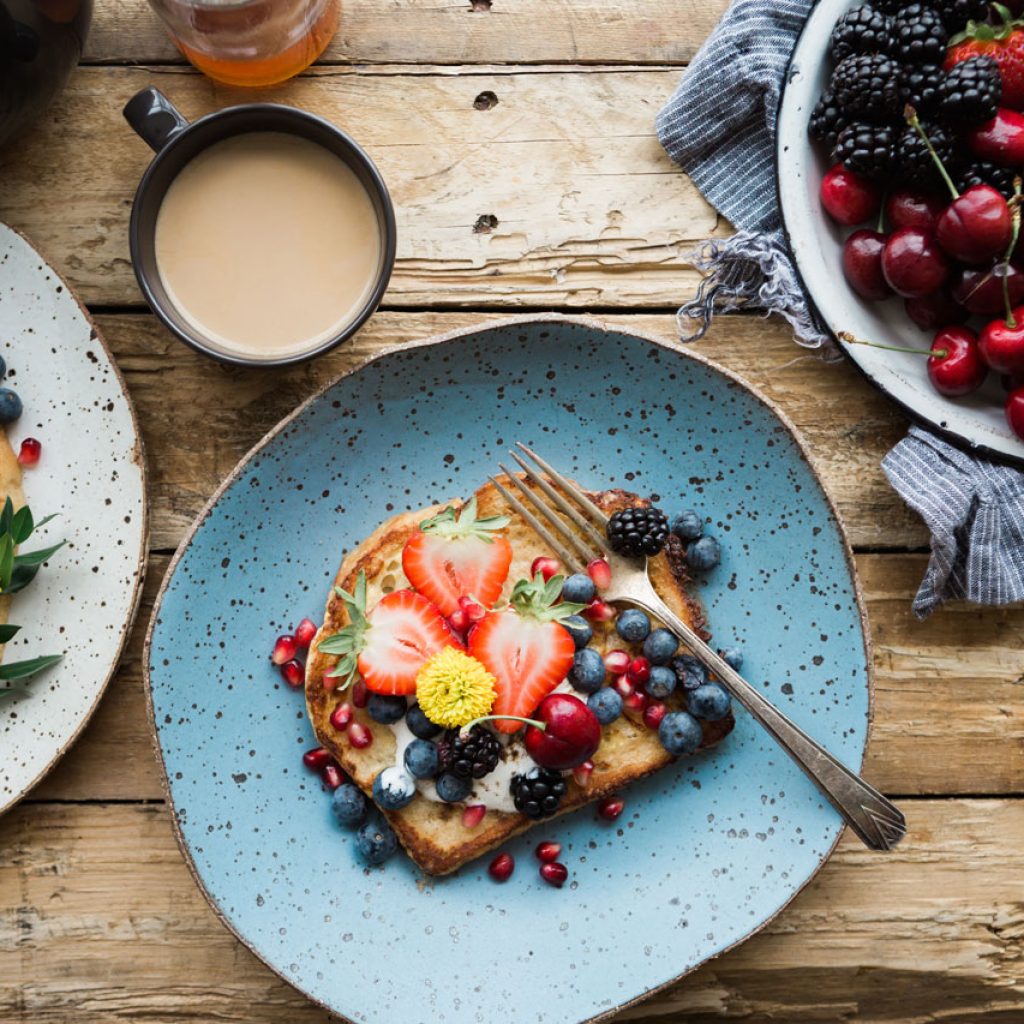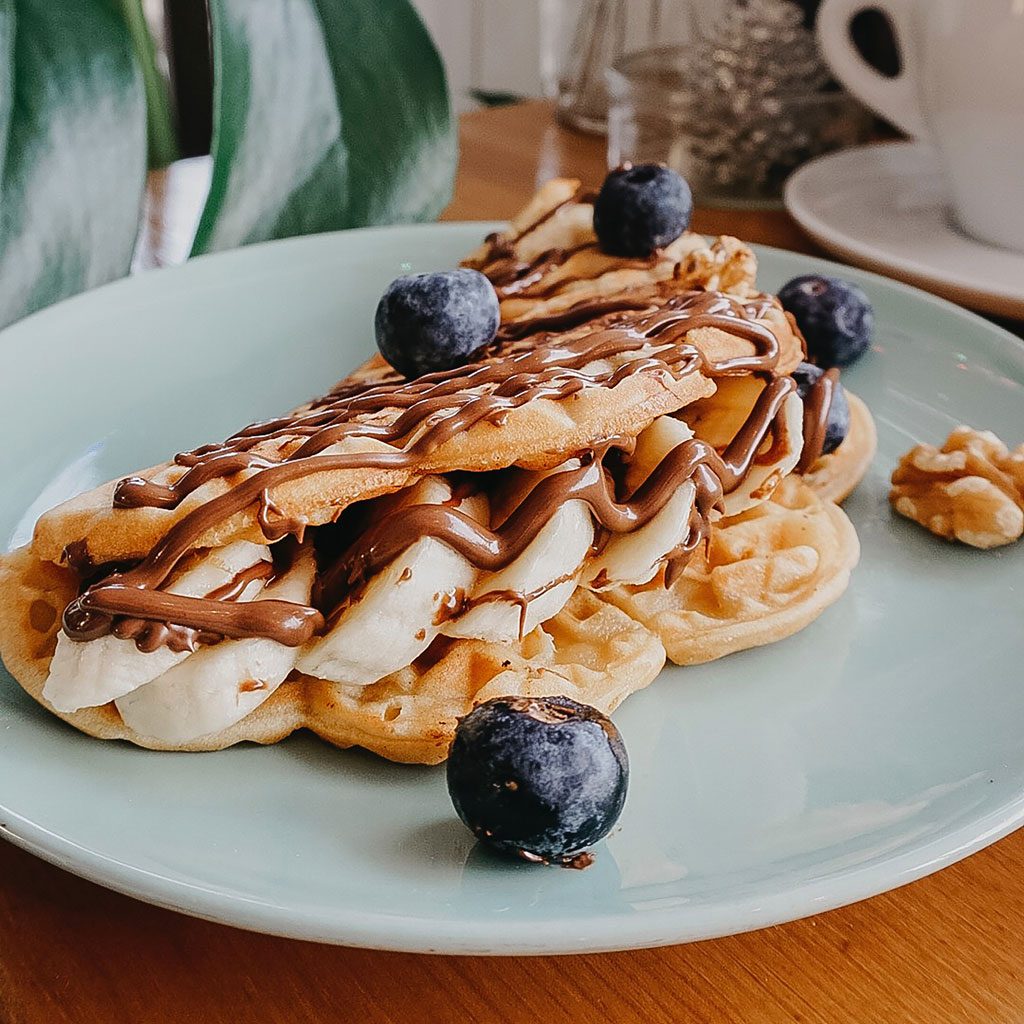The Ultimate Guide to Top Vegan Protein Sources
Adopting a vegan diet is an empowering choice that can benefit your health, the environment, and animal welfare. However, many people worry about their protein intake when switching to a plant-based lifestyle. Fear not, because there’s a wide range of protein-packed vegan foods available. Let’s dive into the best vegan protein sources to keep you energized and healthy.
Why Protein Matters
Protein is essential for various bodily functions, including muscle repair, enzyme production, and immune support. For vegans, it’s crucial to ensure sufficient protein intake to maintain overall well-being. Here are some high-quality vegan protein sources to include in your diet.
The 10 Best Vegan Protein Sources
1. Legumes
Legumes are a powerhouse of plant-based proteins. They include:
- **Lentils**: Lentils provide around 18 grams of protein per cooked cup. They are incredibly versatile and can be used in soups, stews, salads, and even burgers.
- **Chickpeas**: Chickpeas contain about 15 grams of protein per cooked cup. They can be roasted for a crispy snack, blended into hummus, or added to curries and salads.
- **Black Beans**: With 15 grams of protein per cooked cup, black beans are perfect for burritos, soups, and Mexican dishes.
2. Quinoa
Quinoa is a complete protein, meaning it offers all nine essential amino acids. One cup of cooked quinoa provides around 8 grams of protein. Use it as a base for salads, sides, or as an alternative to rice.
3. Tofu and Tempeh
Soy products like tofu and tempeh are rich in protein and can easily be integrated into various dishes.
- **Tofu**: Tofu delivers approximately 10 grams of protein per half-cup serving. It absorbs flavors well, making it a versatile ingredient for stir-fries, scrambles, and soups.
- **Tempeh**: With around 15 grams of protein per half-cup, tempeh has a firm texture and nutty flavor. It’s perfect for grilling, marinating, or adding to sandwiches and salads.
4. Edamame
Edamame, or young soybeans, offer about 17 grams of protein per cooked cup. These green gems are great as appetizers, in salads, or as a side dish.
5. Hemp Seeds
Hemp seeds are not only high in protein but also rich in omega-3 fatty acids. Three tablespoons of hemp seeds provide around 10 grams of protein. Sprinkle them on your smoothie bowl, oatmeal, or salad for an extra protein boost.
6. Chia Seeds
Chia seeds pack a punch with 5 grams of protein per ounce. They work well in puddings, smoothies, and baked goods. Plus, they are an excellent source of fiber and omega-3 fatty acids.
7. Nutritional Yeast
Nutritional yeast is a deactivated yeast that’s often used to add a cheesy flavor to dishes. Two tablespoons of nutritional yeast offer about 8 grams of complete protein. Sprinkle it on popcorn, pasta, or soups for a protein-rich, cheesy taste.
8. Seitan
Seitan, often called wheat meat, is made from gluten, the protein in wheat. It boasts a whopping 21 grams of protein per 1/3 cup. Its texture makes it a fantastic meat substitute for stir-fries, sandwiches, and grilled dishes.
9. Spirulina
Spirulina is a blue-green algae that’s incredibly nutrient-dense. One tablespoon provides 4 grams of protein, along with a multitude of vitamins and minerals. Add it to smoothies, juices, or even salad dressings for a nutritional boost.
10. Peas
Green peas feature about 8 grams of protein per cooked cup. They’re not just a side dish; blend them into soups, risottos, and even smoothies to up your protein intake.
Creating Balanced Meals with Vegan Proteins
For optimal health, combine these protein sources with a variety of vegetables, fruits, whole grains, and healthy fats. Here’s how you can incorporate these protein-rich foods into your daily meals:
Breakfast
- Start your day with a chia seed pudding topped with fruit and hemp seeds.
- Smoothies made with spinach, spirulina, and a scoop of protein powder.
- Tofu scramble with veggies and nutritional yeast.
Lunch
- Quinoa salad loaded with chickpeas, fresh veggies, and a lemon-tahini dressing.
- Lentil soup paired with whole-grain bread.
- Rice bowl with black beans, avocado, and salsa.
Dinner
- Stir-fried tempeh with broccoli and bell peppers over brown rice.
- Grilled seitan with sweet potatoes and a side salad.
- Edamame and vegetable sushi rolls.
Conclusion
Transitioning to a vegan diet doesn’t mean sacrificing protein. By incorporating these top vegan protein sources into your meals, you can easily meet your nutritional needs while enjoying a diverse and delicious diet. Experiment with different recipes and combinations to keep your meals exciting and nutrient-dense. Remember, a well-planned vegan diet is key to maintaining a healthy and balanced lifestyle.

